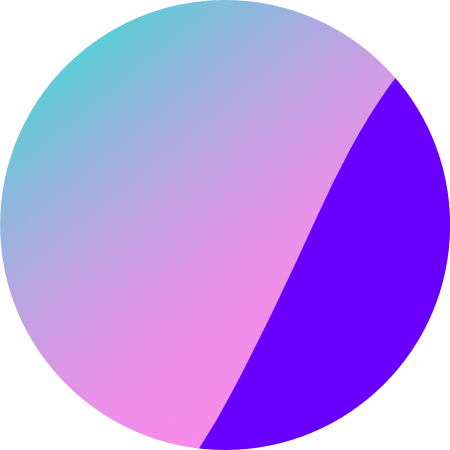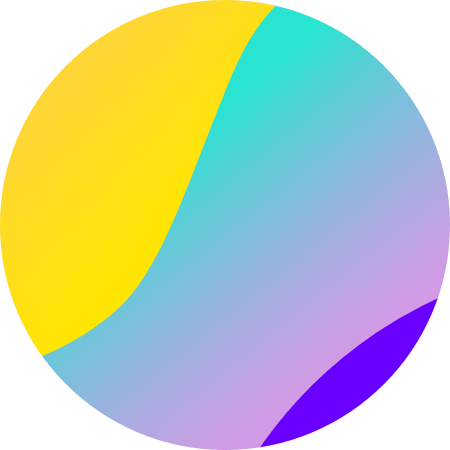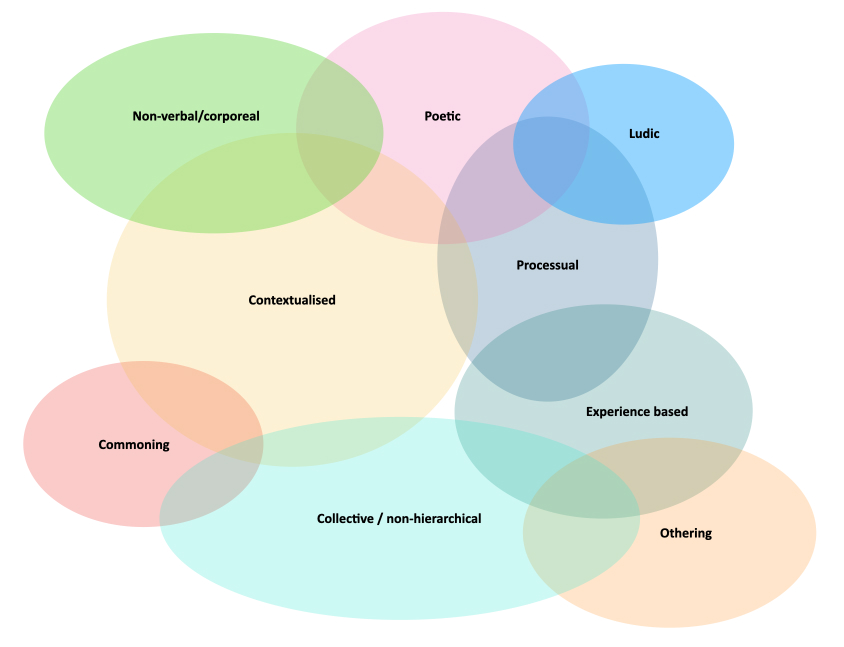There are many ways beyond the usual ways of sharing knowledge in the classroom. During SHAKIN project, we have been exploring those ways and collecting many interesting methods and tools to go about it. Based on what we collected, we have induced the following tags (or categories). Each shows a way in which the method in focus aims to change the way knowledge is created or shared.
Ways beyond the Classroom
Navigate these tags and access the corresponding method

Collective
This includes sharing of teacher/learner roles, having group tasks, group assessment and similar, as well as introducing non-hierarchical ways of knowledge-sharing.

Commoning
Here are methods which see knowledge sharing as a way to do the contrary – to make knowledge common.

Contextual
To combat hegemonic forces, and enable subaltern perspectives, methods labelled with this keyword cherish location-based, in situ processes and knowledge.

Corporeal
These methods look for ways to involve bodies, emotions, movement, smell, and touch. They expand sensory horizons of learning and engage different learning styles and approaches.

Experience based
Methods that look at personal and group experiences as legitimate sources of knowledge and exchange of them as cornerstone of knowledge sharing

Ludic
In adult education, learning is often equated with being serious and preparing oneself for work.

Othering
These methods invite learners to step outside their own social, political, professional background and reflect on a topic having other’s perspectives in mind.

Poetic
While dominant ways of creating and sharing knowledge struggle to be rational and serious to be legitimate, poetic methods embrace the creative, imaginative, and poetic side of learning and relating to each other.

Processual
Methods in this section posit that you do not have to create a product, piece, or text in order to learn. On the contrary, processes of learning do not have tangible outcomes.
How we catalogued the methods
This is why we wanted to introduce tags as a way to help readers better navigate through the methods collected. These tags at the same time offer an overview of the ways in which collected methods depart from the usual teaching norm.
- Ones marked by “ludic” aim to incorporate joyful elements and see knowledge sharing as also a playful process.
- Those marked by “collective” aim to encourage collectivity and sharing, instead of individualised competition.
- “Poetic” ones diverge from the overly rational textual or visual forms, while “Processual” ones value the process of knowledge sharing at least as much as the outcomes and results.
- Those tagged with “contextual” see knowledge as always contingent upon the context in which it is shared and want to put this context centre stage.
- Finding ways to collectively own, shape and direct learning processes, resources and outcomes is the shared characteristic of methods marked by the “commoning” tag.
- Finally, “experience-based” methods put learners in the position to have a hands-on, direct experience while learning about them.








